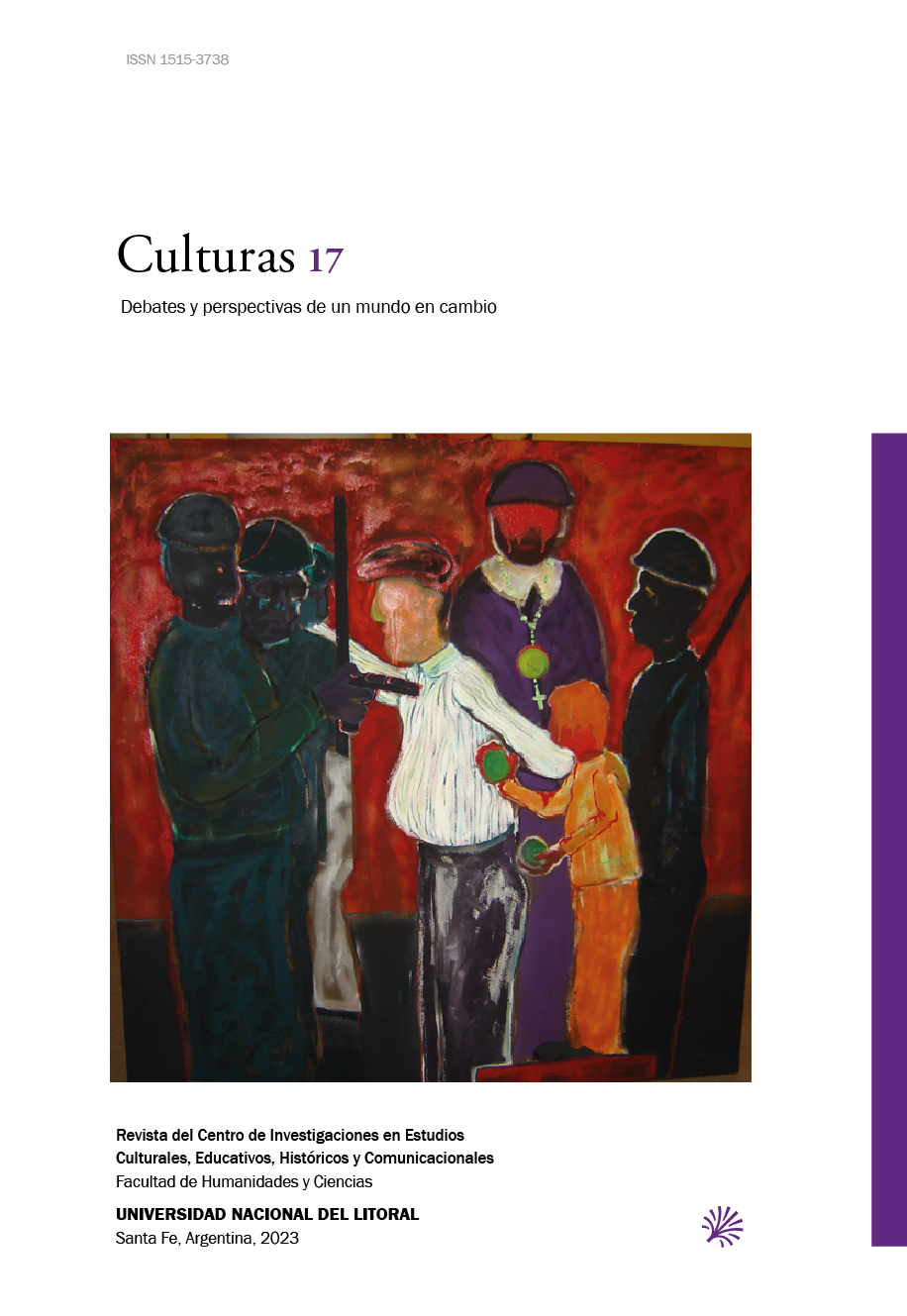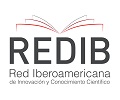Between nation and revolution
The experience of Marxist Nationalism of Frente de Izquierda Popular in the city of Santa Fe, Argentina (1962 - 1983)
DOI:
https://doi.org/10.14409/culturas.2023.17.e0027Keywords:
Marxist nationalism , political militancy, oral history, FIP (Frente de Izquierda Popular)Abstract
On December 9th, 1971, the founding Manifesto of Frente de Izquierda Popular
(FIP) (Popular Left Front) was signed, a political space led by Blas Alberti,
Jorge E. Spilimbergo and Jorge A. Ramos (Galasso, 1983). The formation of
this force meant the culminating point of a process of confluence between
various actors who had been carrying out an original theoretical-critical
elaboration. Led by figures from the Argentine intelligentsia (particularly by
Ramos), this heterogeneous group that we could call “Marxist Nationalism”
traced its origins fundamentally to the emergence of Peronism in the nationalpolitical scene, and the impact that this had on the Argentine left. The formation
of the FIP would signify the third "incarnation" of this ideological-political current.
This work intends to review the previous historical journey of the heterogeneous
space of Marxist Nationalism and its main theoretical and political guidelines, to
then focus particularly on its experience in the city of Santa Fe. The work
recovers the militant experience of members who participated in the
aforementioned space in a period between the 1960s and the democratic
transition of 1983. We will focus particularly on what organizational forms the
space took on in the city, how it intervened publicly, and how it positioned itself
in the face of the national political situation of the period. To address the issue
we will use the official publication of the FIP (Izquierda Popular, published
between September 1972 and March 1976) and testimonies from militants of
the organization, also relying on specific bibliography on the subject.






